Microfluidic plastic chips are an innovative technology for fluid manipulation and analysis at the microscale, widely used in biomedical, chemical analysis and laboratory research.
For the mass production of these microchips, injection molding technology has been widely adopted to provide an efficient, precise and economical solution for their production.
Injection molding is a manufacturing process in which molten plastic is shaped by injecting it into a mold and then cooled and cured. In the production of microfluidic plastic chips, this method offers a number of advantages.
Firstly, injection molding technology can complete mass production in a shorter time and improve production efficiency. Secondly, through mold design and optimization, the precise size and shape of microfluidic chips can be ensured, which guarantees the reliability and stability of the chips in practical applications.
In addition, injection molding has lower production costs, which facilitates economies of scale in mass production.
The injection molding production process for microfluidic plastic chips typically includes the following key steps.
First, selecting the right plastic raw material, which may involve detailed knowledge and screening of raw material properties.
Second, the design and production of precision injection molds, mold design directly affects the quality and performance of the final product.
The selected plastic raw material is then melted at high temperatures, injected into the mold, and rapidly cooled and cured by a cooling system.
Finally, the molded microfluidic plastic chip is removed for subsequent testing, packaging and quality control.
In bulk production, establishing a scientific production plan and management process is crucial. Continuous monitoring and adjustment of parameters during the production process ensure product consistency and stable quality. Additionally, effective coordination and cooperation with the supply chain are key factors in ensuring production efficiency and product quality.
In summary, adopting injection molding for the mass production of microfluidic plastic chips is an efficient, controllable, and cost-effective manufacturing method. Through precise process control and sound production management, large-scale production of microfluidic chips can be achieved, providing stable and reliable experimental tools for both research and practical applications.
Dxfluidics accelerates customer's rapid realization of product iteration verification and processing
1. Functional Verification Stage
During the functional verification stage, machining is employed to process channels on the material surface. This method is time-efficient, cost-effective, and enhances efficiency while saving on verification costs.
Processing capabilities:
> Achievable channel width: ≥30um
> Processable materials: PMMA, COC (can provide the required sheets for processing), PS, PC
>Aspect ratio (depth to width ratio): 1:1~1:3
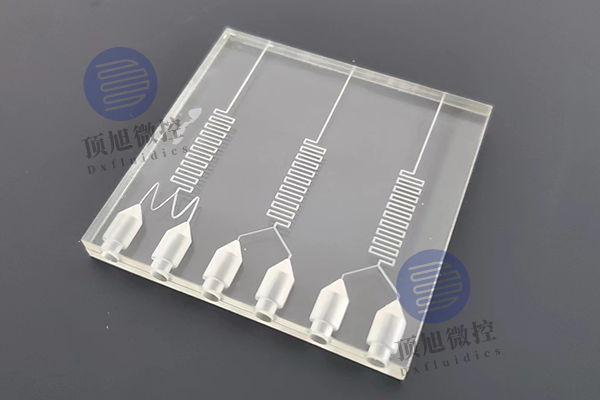
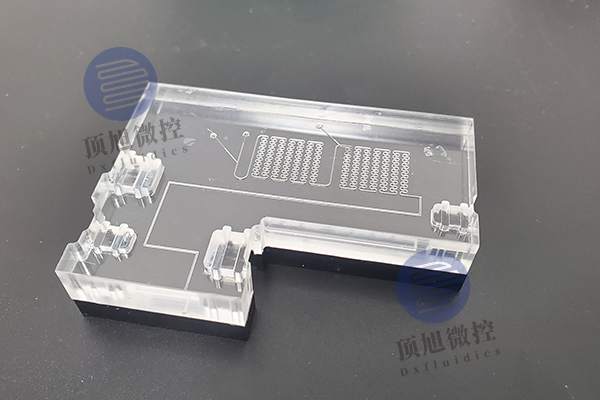
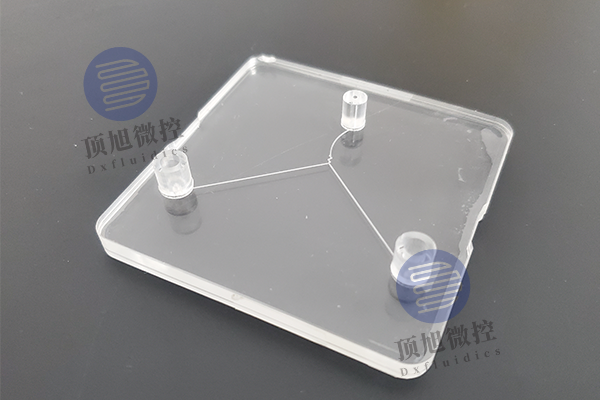
2. Mass Production Preparation Stage
Once chip validation is complete and before entering the mass production phase, mold injection is conducted for further product structure verification. In this stage, injection molding is used. In the early stages of mold preparation,we can provide standard mold bases, allowing customers to design and process channels within our specified mold cavity dimensions. We have a mature process matching, and customers only need to focus on the chip structure itself.。This way, customers only need to prepare the mold core, use our standard mold base, saving time and costs.
Mold processing capabilities:
1)Mold materials: S136, Borofuse special materials
2)Line size: ≥30um
3)Surface finish: <Ra20nm
4)Mold hardness: HRC40
5)CNC: Achieves 4-axis, 5-axis, 6-axis machining with an accuracy of up to ±5um
6)Achievable mold cycles: ≥300,000 times
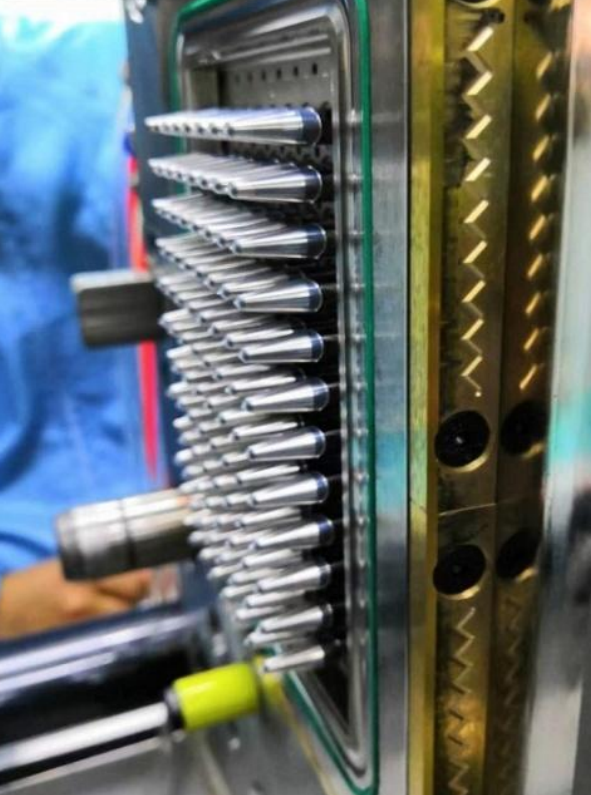
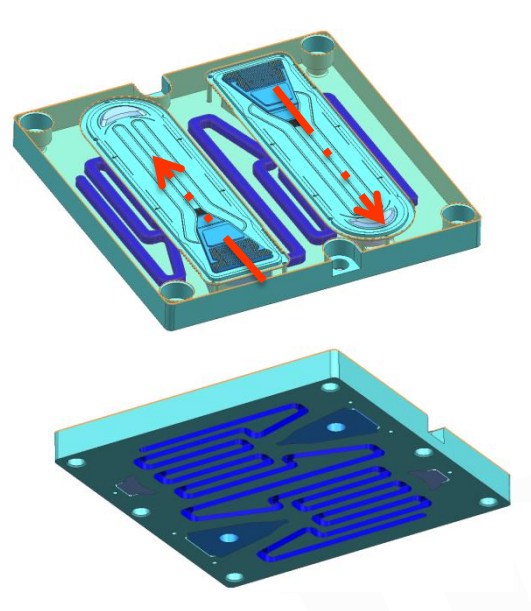
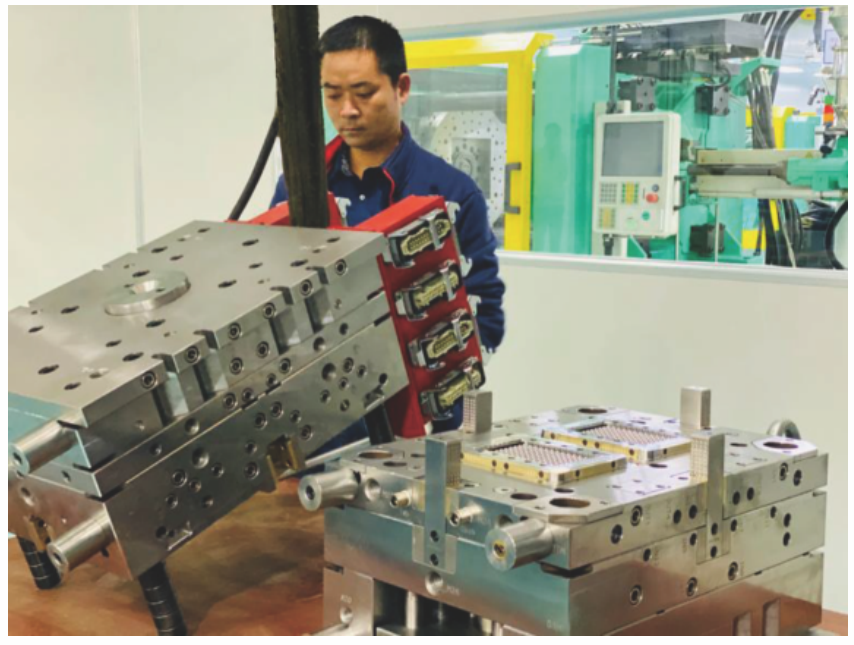

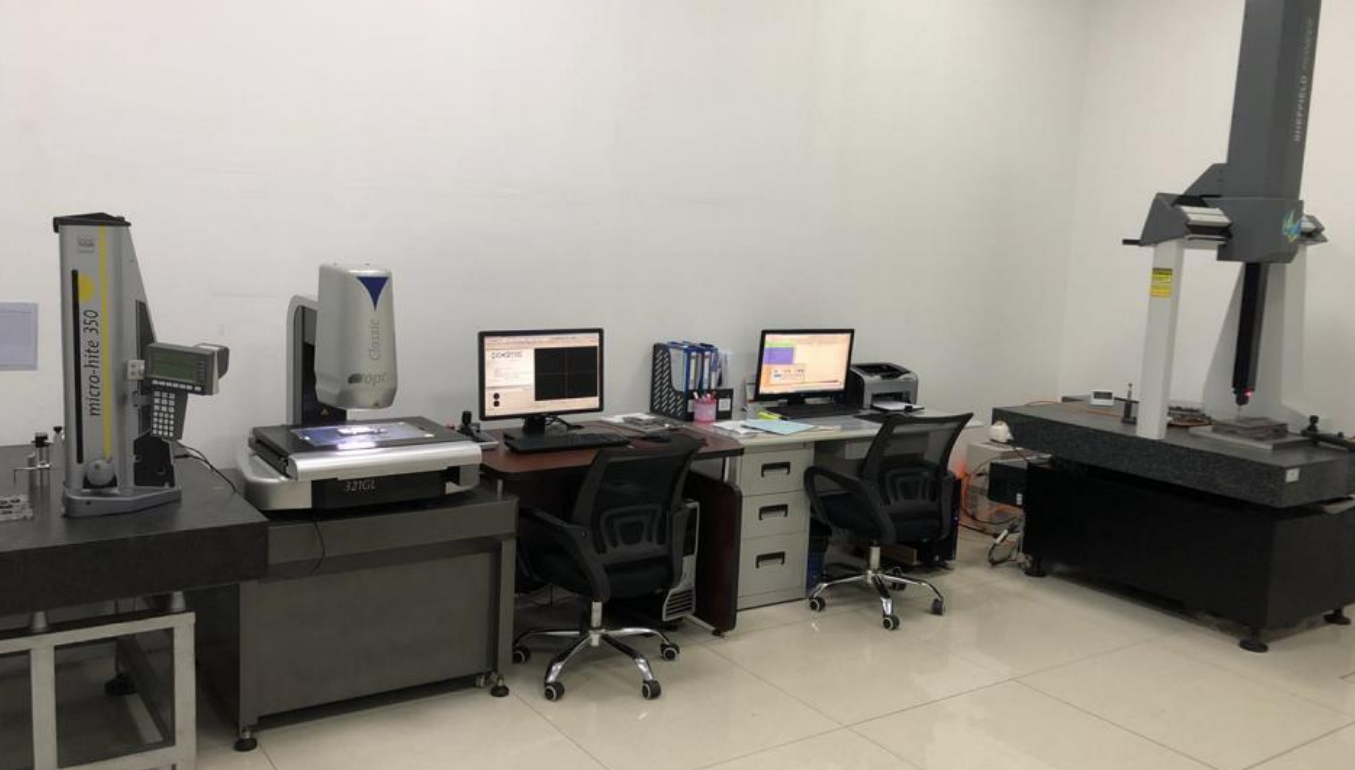
3. Mass Production Molding
We have a 2000m2 clean workshop equipped with 20 German-imported injection molding machines, ensuring the fulfillment of customer requirements.
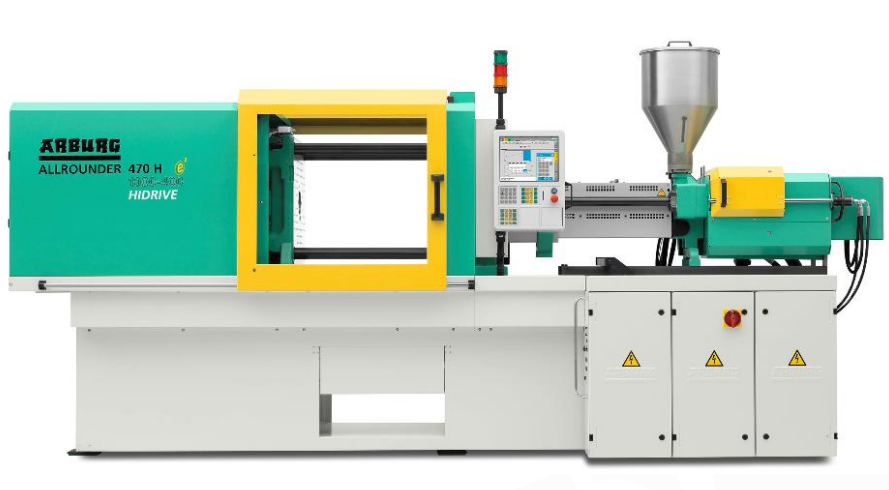
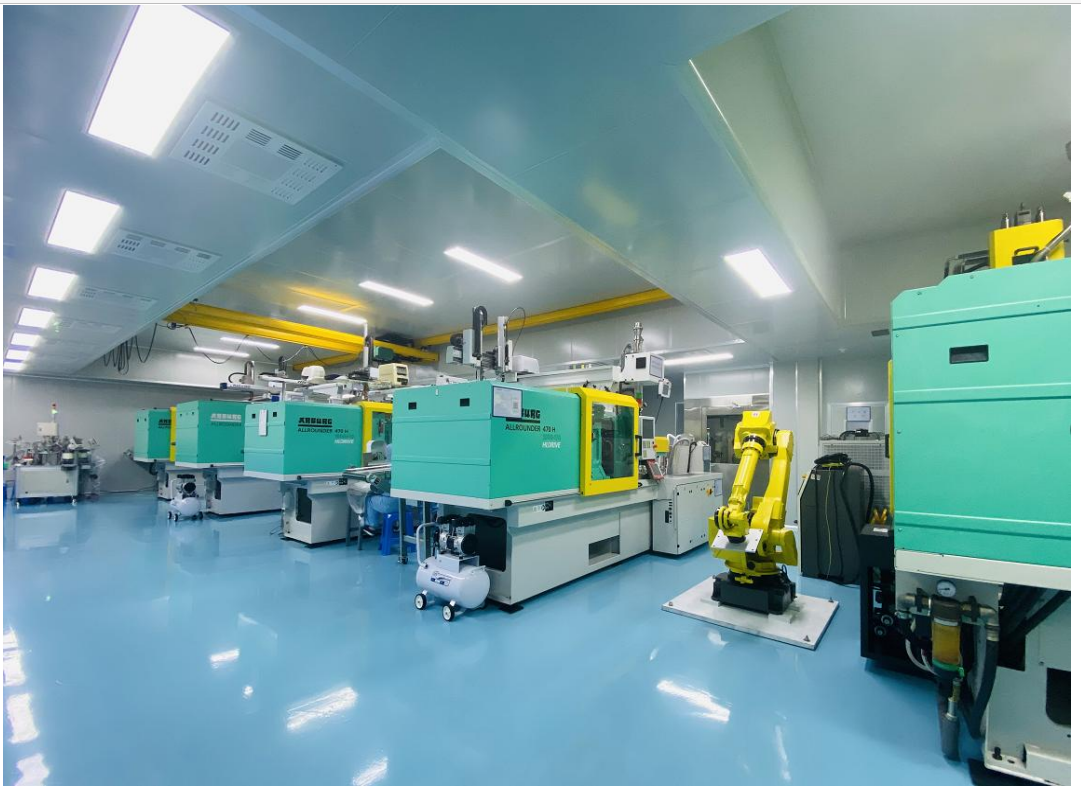
Contact Information
Zhijun Zhou +86-17751163890
E-mail:sale@dxfluidics.com
Site Search
© 2025. All Rights Reserved. 苏ICP备2022036544号-1















